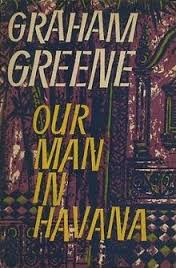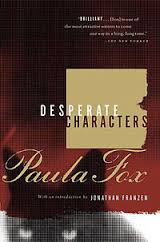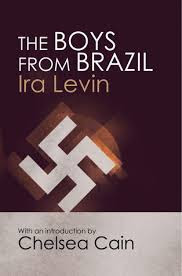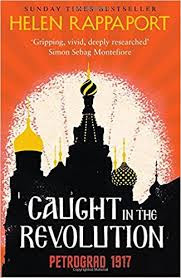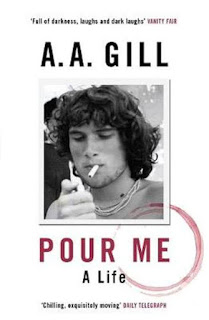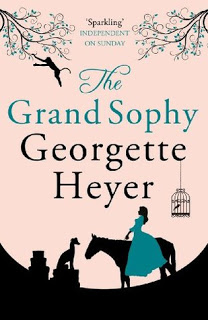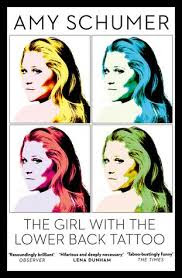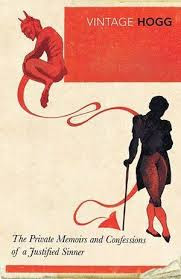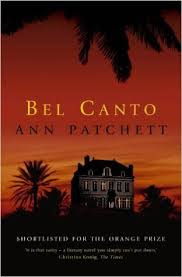I rarely read non-fiction, but this was the ‘one free’ of a ‘buy one get one free’ deal, so here we are.
I am interested generally in revolutions, and this turned out to be an interesting book. Released to mark the centenary of the Russian Revolution, it tells the story of the year 1917 in Petrograd by means of the diaries and letters of foreign visitors, who were, as the title dramatically tells us “caught in the revolution.” There’s an array of types: diplomats, servants, Emily Pankhurst; hundreds of British governesses, left destitute when their wealthy employers flee, etc. Quite a fair number of visitors however were not “caught in the revolution” but in fact trying to catch it; the town was awash with foreign journalists. As one hilariously put it: “I smell trouble . . . . and thank god I am here to get the photographs of it.”
Interestingly, quite a few of these journalists were women, many of whom sound quite frighteningly badass. One woman reporting was Louise Bryant, a fervent communist who began with divorce and ended with alcoholism via typhus, proving you don’t need to have the vote to have a fantastic time.
I learnt from this book that the revolution had many causes, but that the most pressing one was hunger. Queues for food were days long, in temperatures well below freezing. What surprised me was what caused the hunger:
By February the daily consignment of flour to Petrograd had dropped to just twenty-one wagonloads, instead of the normal 120 needed. . . . Official mismanagement, corruption and wastage of supplies were prodigious, made worse by a crippled rail network that was unable to transport food efficiently from the provinces – where it was still plentiful – to the cities that most needed it. People were incensed to discover that, due to the hikes in the price of oats and hay, much of the black bread – the staple diet of the poor – was being fed to the capital’s 80,000 horses to keep them alive: ‘every horse was eating up the black bread allowance of ten men’. . . . Word spread like wildfire about food going to waste, of ‘millions of pounds of cheap Siberian beef’ being left to rot in railway sidings. Few of the munition-workers, whose wives or children spent more than half their time in the queue before a bread-shop, had not heard of the ‘fish graveyards’ of Astrakhan, where thousands of tons of the spoiled harvest of the Caspian were buried; and all classes had heard of the ‘saccharine rivers’ which travellers had seen flowing from leaky sugar warehouses in the great beet-growing districts of South Russia and Podolia.
I guess I know that famines have generally historically been due to lack of political will to resolve them, rather than a lack of food. Even today, globally we create more food than we need, while people starve in Yemen, but I was amazed to learn that even while the Russian government knew they teetered on the brink they couldn’t get their act together to just get the railroads moving.
It is interesting to read what it was like for the Russians suddenly set free of the Tsar. So little experience did they have of freedom of expression or freedom of association that they had to borrow an English word to describe what they are were now doing: Meetinki. It is wild to imagine what it would be like to finally be free to have an opinion.
Groups of twenty or thirty would spontaneously gather, and then ‘one of the company mounts a stone, or a bench, or a heap of snow and talks his head off, gesticulating wildly. The audience gazes fixedly at the orator and listens in a kind of rapt absorption. As soon as he stops another takes his place and immediately gets the same fervent silence and concentrated attention
As one American diplomat telegraphed President Wilson: “We have here an infant class in the art of being free containing one hundred and seventy million people, and they need to be supplied with kindergarten material.”
Some of what went on was not very kindergarten. There was quite a lot of violence, especially against the Tsarist police, who very much sound like they deserved what was coming to them (i.e., being beaten to death). Weapons were everywhere, as one journalist noted: “Even street urchins seemed to have picked up revolvers, and were blazing away at stray pigeons.” The author, Helen Rappoport, makes free use of some very questionable adjectives, calling violence ‘senseless,’ and damaged imperial decor ‘sad’ which I don’t think the starving would agree it was. That said, I enjoyed it overall and am glad I took a break to read some non-fiction, not least because I shall now sound crushingly well-informed about the Russian revolution when the topic comes up. As obviously I now hope it will. Let me think of how to angle dinner party chit-chat in that direction.
